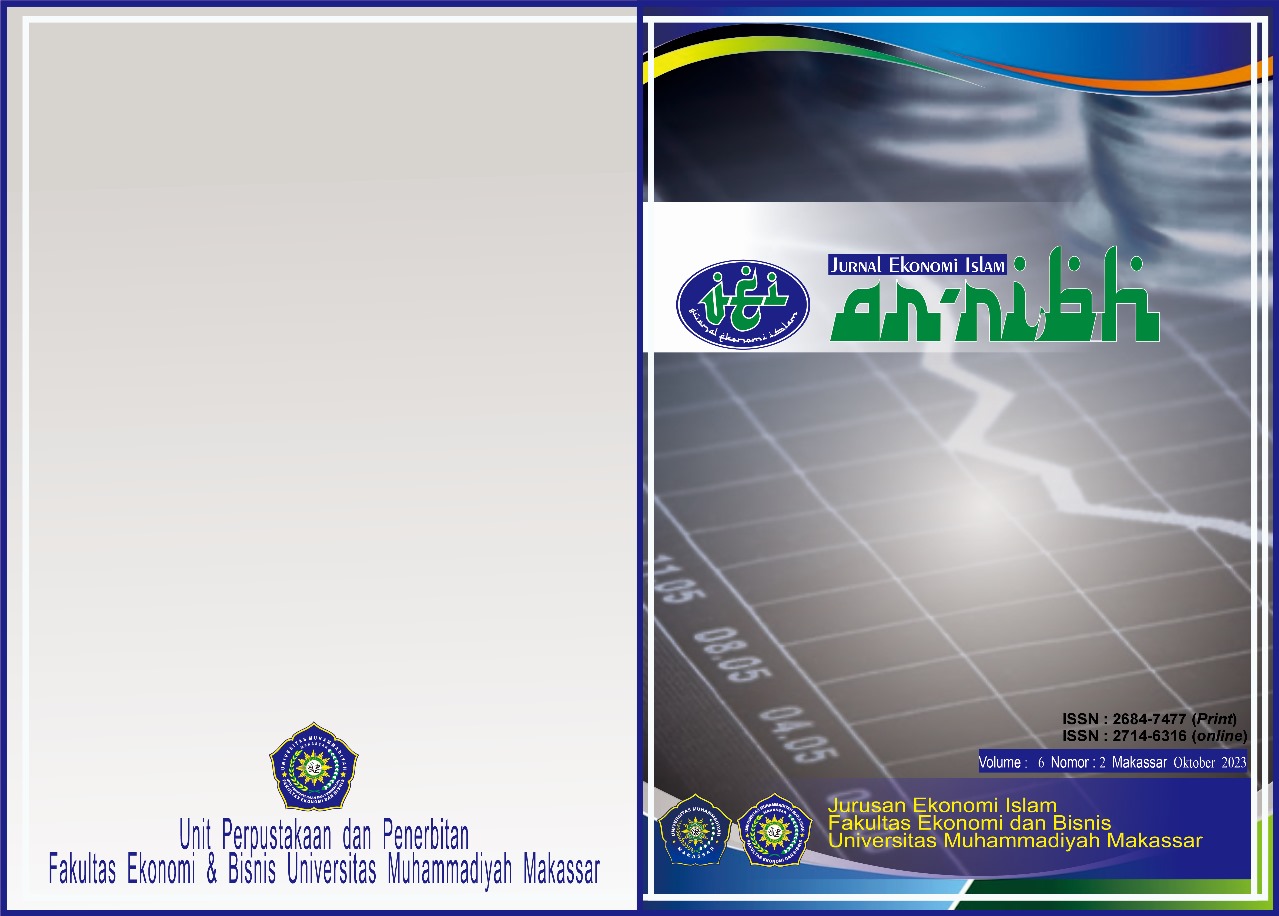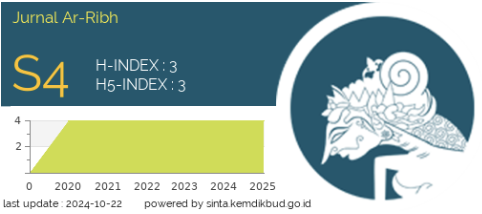The Relevance Of Economic Policy In Khulafal Rasyidin And Modern Era
DOI: https://doi.org/10.26618/jei.v6i2.12816
Abstract
After the death of Rasulullah saw, the country's economic system, especially in economic matters, was taken over by the khulafaul Rashidun. There were four leading figures in this phase, namely Abu Bakar Assiddiq, Umar bin Khattab, Uthman bin Affan, and Ali bin Abi Talib. The caliphs carried out their government system based on the guidance of the Prophet Muhammad based on the Qur'an and Sunnah. The purpose of this study was to find out the policies among the caliphs in managing the country's economic problems, as well as the relevance of the economic system during the Khulafaul Rashidun era to modern times. This research is a "field research" using qualitative methods. The results of the study show that there are differences between the friends in implementing various economic policies both in terms of state revenues and the method of channeling or distributing state assets to solve economic problems. One of the influencing factors was the existence of new problems arising from the conditions, both in terms of revenue, regional and political, which were faced by each caliph in his government. Until the modern era, the Islamic economy continues to adapt to the conditions of the times so that the Islamic economy continues to exist in the future and become a compatible economic system.References
A Farina. (2022). Reflection on the History of the Development of Public Policy and Islamic Political Economy during the Khulafa'al-Rasyidin Period. Journal of Economic Sharia Law And And Undefined . https://Doi.Org/Https://Doi.Org/10.55120/Iltizamat.V1i2.597.
Ahmad Jamil. (2011). Cultural History of Islamic Dynamics . Putra Kembar Jaya.
Akbar, A., Arisandi, Y., & Rahman, A. (2021). Economic and Fiscal Systems During the Khulafaurrasyidin Period. DIES: Journal Of Dalwa Islamic Economic Studies , 1 (1), 1–11.
Amalia, N., Alfitrah, NA, Lubis, TR, & Sulistiani, WN (2022). Islamic Civilization Early Growth to the Glory of the Century (1/7-13). Journal of Education and Counseling , 4 , 1349–1358.
And, AF-IJ Of Economic Sharia Law, & 2022, Undefined. (ND). Reflection on the History of the Development of Public Policy and Islamic Political Economy During the Khulafa'al-Rasyidin Period. Ejournal.Stismu.Ac.Id . https://Doi.Org/10.55120/Iltizamat.V1i2.597
Apriliya, N.W. (2021). Economic Policy During the Khulafaurasyidin Period. UIN Alauddin Makassar , 5 (1), 1.
Hilman, J. (2022). The Existence and Development of Baitul Maal During the Islamic Economic Thought of Khulafaur Rasyidin. Osfpreprints , 1 (1), 1–20.
Junaidin. (2020). The Government of Ali Bin Abi Talib and the Beginning of the Muslim Conflict: The Tahkim Incident. Fitua: Journal of Islamic Studies , 1 (1), 33–48. https://Doi.Org/10.47625/Fitua.V1i1.227
Saprida. (2021). History of Islamic Economic Thought (Cet 1). Kencana.
Soedrajat. (2022). Contribution of Economic Thought during the Caliphate of Uthman Bin Affan and Ali Bin Abi Talib . 1 (1), 8–15. Https://Doi.Org/Https://Ejurnal.Staialfalah.Ac.Id/Cgi-Sys/Suspendedpage.Cgi
Supriatna, S., & Jubaedah, D. (2021). Fiscal Policy of the Al-Khilafah Al-Islamiyah Period. Ash-Shari'ah , 22 (2), 291–312. https://Doi.Org/10.15575/As.V22i2.9116
Susandi, A. (2022). The Islamic Judicial System From the Time of the Prophet Saw. Until the Khulafaurrasyidin period. Taqnin : Journal of Sharia and Law , 04 (02), 108–117.
Gratitude, F. (2011). History of Islamic Civilization (Print To). Rizki Putra Library.
Wati, FYL, & Rafai HA, M. (2020). Islamic Economic Thought in the First Phase. AL-MUQAYYAD: Journal of Islamic Economics , 3 (1), 106–113. https://Doi.Org/10.46963/Jam.V3i1.157
Zainudin, E. (2015). Islamic Civilization During the Rashidun Caliphate. Journal of Intelligence , 03 (01), 50–58.














